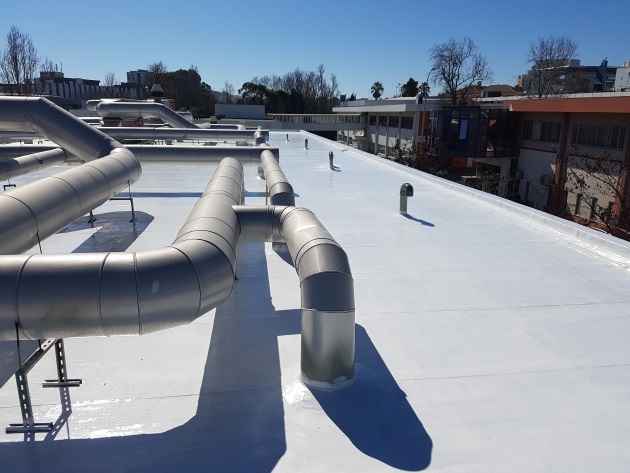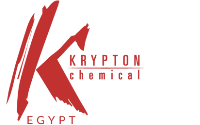F.A.Q
Frequently Asked Questions
Most modern factories have large warehouses or warehouse-like facilities that contain heavy equipment used for assembly line production.
GENERAL QUESTIONS
Frequently asked questions
POLYUREA RAYSTON is a high-performance, two-component aromatic polyurea membrane designed for hot-spray waterproofing. It stands out due to its ultra-fast curing (3 seconds at 60°C), extreme durability (tensile strength: 16.2 MPa), and ability to bridge cracks even at -45°C. Unlike hybrid coatings, it offers superior chemical and thermal resistance, making it ideal for demanding industrial applications
- Waterproofing: Roofs, foundations, and wastewater structures.
- Containment systems: Ponds, landfills, and tunnels.
- Protective coatings: Industrial flooring, metal structures, and secondary containment.
- UV-resistant solutions when paired with an aliphatic topcoat
Yes. Impermax Polyurea H and H Flex are hybrid polyurea-polyurethane systems. These provide a balance of cost, flexibility, and moderate curing times, suitable for bridge decks (ETE-certified) or roofs requiring crack bridging
POLYUREA RAYSTON excels here. Its Wet Fusion technology allows application on damp substrates, critical in regions like the UK. It cures instantly, eliminating weather delays, and offers a 25-year BBA-certified lifespan with B Roof T4 fire resistance
Self-leveling resins are liquid polymers that are poured onto a surface and spread evenly, creating a smooth, uniform, and seamless floor finish. They are popular due to their ease of application, aesthetic appeal, durability, and resistance to various chemicals and wear.
The best choice depends on the specific requirements of the project. Factors to consider include: flexibility needs, abrasion resistance, chemical exposure, desired thickness, location (interior or exterior), and aesthetic preferences. Contacting Krypton Chemical directly is recommended for personalized advice.
TECHNICAL QUESTIONS
Frequently asked questions
Rayston Floor 100 exhibits >375% abrasion resistance compared to C25 concrete, as measured by the CS17 method (1000 cycles, 1000g) according to ASTM D4060.
- The temperature of the grout and contact elements should be between +5°C and +35°C.
- Do not use excess water, which can lead to bleeding or segregation.
- Do not overwork the grout.
- Avoid mechanical vibration until the final set is achieved.
It has an ETA 11/062-CE Mark for 10 years (W2) and a certificate of resistance to root penetration.
Impermax can be applied to a wide variety of substrates, including concrete, mortar, various metal surfaces, PVC, and polyurethane foam.
Kryptanate 100 is a two-component, slow-reacting polyaspartic system designed for manual application, unlike typical fast-curing polyurea systems.
- 5ºC: 890 mPa.s
- 10ºC: 600 mPa.s
- 20ºC: 400 mPa.s
- 30ºC: 250 mPa.s

Ask Us
Quick contact form

